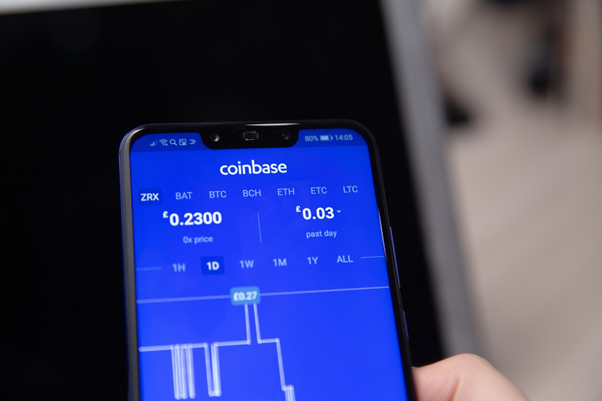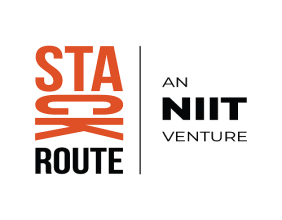Summary
- Bitcoin, as well as other cryptocurrencies, were declared legal in 2017. However, they are subject to capital gains tax and must adhere to the Anti-Money Laundering and Counter-Terrorism Financing Act.
- The predominant way people invest in Bitcoin is through crypto exchanges such as the now-publicly-listed, Coinbase.
- The most common way to sell Bitcoin in Australia is by using an exchange, such as Swiftx or CoinSpot.
- Another common but less regulated and less secure way to sell Bitcoin is through a peer-to-peer platform, such as Paxful.
It’s been a wild ride for Australian Bitcoin traders so far in 2021. The world’s largest cryptocurrency began the year trading at just below US$30,000 and, by 15 April, had ascended to a record high of just above US$63,000. From 10 May, however, the digital currency began a steep dive and by 24 May had crashed to almost US$34,000. Today the coin sits at a touch above US$32,500.

Copyright © 2020 Kalkine Media
The founder of investment firm Scion Asset Management, Michael Burry has warned of an upcoming crash in cryptocurrency. The famed investor who actor Christian Bale portrayed in the 2015 film, The Big Short, tweeted last Thursday that “the mother of all crashes” is caused by the current hype surrounding Bitcoin and other cryptos.
Is Bitcoin legal in Australia?
Bitcoin and other cryptocurrencies were declared legal in 2017. However, they are subject to capital gains tax and must adhere to the Anti-Money Laundering and Counter-Terrorism Financing Act.
There’s currently very little regulation surrounding Bitcoin, but this soon may change as calls for greater regulation have been made due to the high-risk nature of cryptocurrency investing.
In May 2021, it was reported that a parliamentary inquiry would investigate Bitcoin in an effort to regulate the use, trading and investing of the crypto world at large.
GOOD READ: How is Australia progressing with cryptocurrency regulation?
It was reported that a Senate committee would examine how to shift investments into Australian digital assets as opposed to crypto investments offshore.
Experts argue the proposed regulation will help make the trading and investment of digital assets safer and move it more mainstream.

Source: © Dedmityay | Megapixl.com
How can I buy Bitcoin in Australia?
The popularity of cryptocurrency has grown considerably in Australia recently. Data from online financial brokers Savvy found that as much as 15% of Australians had invested up to US$3,756 in cryptocurrencies.
The rise in popularity in Bitcoin in Australia is mainly due to the public profile of very famous Bitcoin investors such as Tesla (NASDAQ:TSLA) CEO and billionaire Elon Musk.
Earlier this year, Tesla agreed to accept Bitcoin as payment for their vehicles before Musk tweeted in May that Tesla would no longer accept Bitcoin as payment, citing the mining of Bitcoin’s harmful impact on the environment as the reason.
The predominant way people invest in Bitcoin in Australia is through crypto exchanges such as the now-publicly-listed, Coinbase.
Coinbase, and digital currency exchanges like it, are basically stock exchanges for cryptocurrencies. The main difference between the two is that crypto exchanges have very little regulation. Additionally, it’s important to note that stock exchanges have fixed trading hours, whereas cryptocurrencies, including Bitcoin, are traded worldwide twenty-four hours per day.
INTERESTING READ: Seven unbelievable facts about cryptocurrencies

Source: © Burdun | Megapixl.com
How do I cash out Bitcoin in Australia?
Of course, one of the biggest and most profitable skills in stock trading is knowing when and where to sell. This is especially true for Bitcoin and other cryptos due to their extreme volatility.
It may seem like a long time ago for some weary traders, but Bitcoin hit a record high less than two months ago. As of writing, the coin sits at around half the value. Crashes happen quickly and suddenly in the crypto space, so the timing of the investor has to be impeccable.
Before you’ve mastered the timing, it’s essential to know how to cash out your Bitcoin. To do this, you must part of or all the Bitcoin you own.
Crypto Exchange
The most common way to sell Bitcoin in Australia is by using an exchange, such as Swiftx or CoinSpot. Be aware that some exchanges are more heavily regulated and therefore safer than others. Be sure to check the reviews before using any trading exchange.
By using the exchange, users can deposit Bitcoin into a digital wallet, which can then be converted to cash and deposited into a bank account.
Peer-to-Peer
Another common but less regulated and less secure way to sell Bitcoin is through a peer-to-peer platform, such as Paxful.
The advantage of using this method is that there’s no middleman in the transaction and, therefore, lower fees.
However, the disadvantage is that many of these peer-to-peer platforms don’t require users of these platforms to complete a thorough ID check.
This can potentially be dangerous, as users don’t know who they will meet, which could lead to armed robberies and the like.
To combat this, users can use an escrow service to ensure the transaction is complete on both sides.




